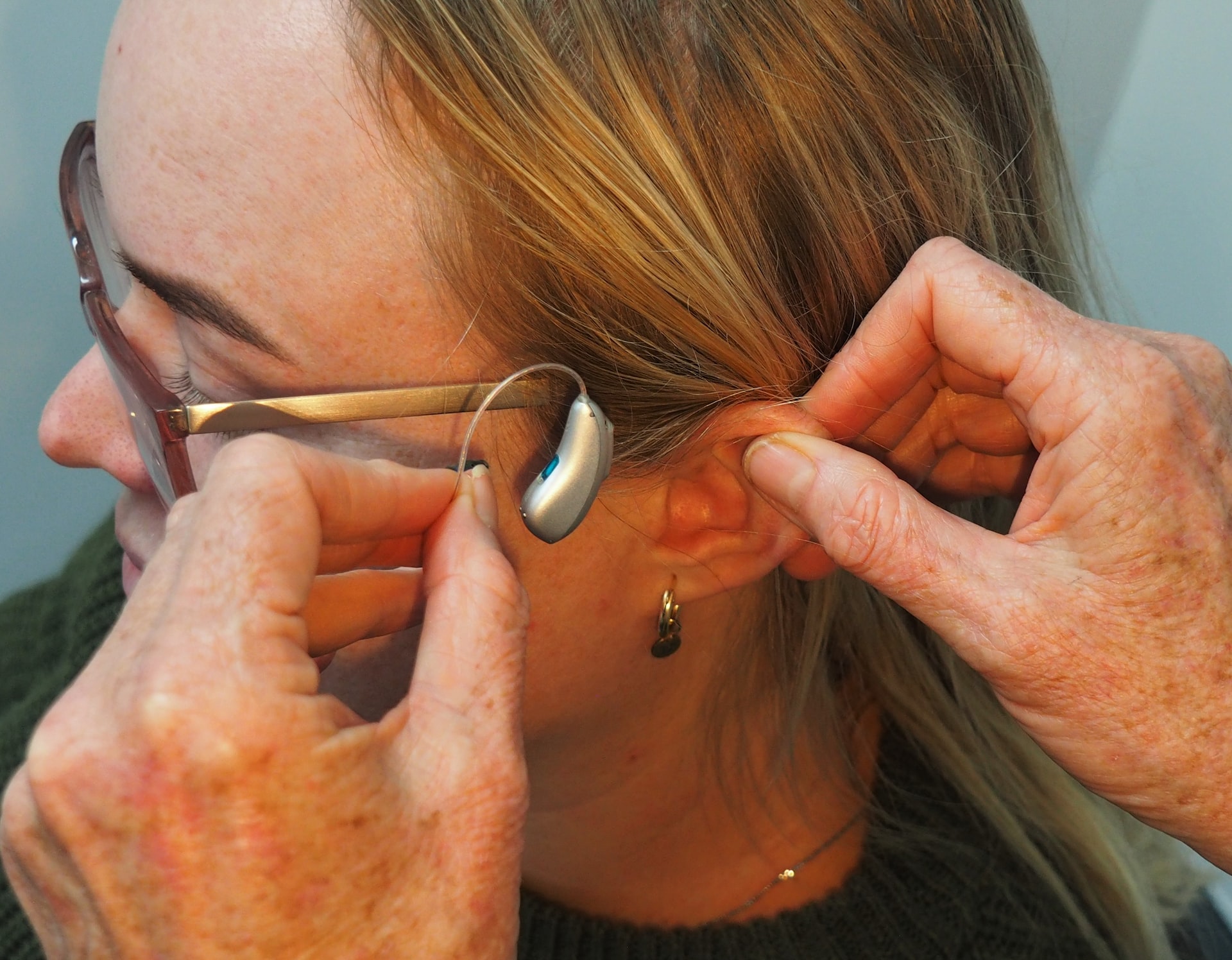Hearing aids are an expensive necessity. The cost of acquiring a hearing aid can prove daunting once an individual is diagnosed with hearing loss or recommended to get one. Most people forgo getting a hearing aid, as they are not aware of the existent options. Try talking to your hearing center first and notify them about your wanting financial position. They may have a special, interest-free payment option for you such that to make it manageable and within your budget.
Some hearing centers will often set up a foundation for assisting people like you. You can also inquire about refurbished hearing aid devices donated by other patients who’ve recently upgraded their devices. Well-established and trusted clinics like HearCanada also offer flexible payment plans helping break up the cost of your hearing aid over a longer time frame. If you ever happen to need a hearing aid, here are some ways to go about acquiring one:
1. Care Credit
Care Credit is one of the most popular ways of paying for a hearing aid. Most card companies will usually offer zero interest credit for their new customers. Always evaluate your ability to comfortably make monthly repayments before the entry period expires – this will potentially save you some money at the end of the day. You’ll even find credit card companies that go the extra mile of catering to your healthcare financing. Ask your healthcare provider if a Care credit is acceptable as payment.
Care Credit offers financing for hearing, dentistry, and cosmetics. This is an excellent alternative to financing your hearing aid acquisition, considering most healthcare providers accept it. You can expect not to pay interest for up to 24 months if your purchase is over $200. The Wells Fargo Health Advantage credit program is another valid alternative, offering zero interest only if you repay the total amount in no more than 12 to 18 months.
2. Health Benefits
Claiming your employer’s health benefits can also be a great way to purchase your hearing aid device. Remember to ask your employer whether your health benefits allow for a flexible spending account from which you can pay for the hearing aid. Most flexible spending accounts often allow up to $2,500 to pay for your prescription medicines, co-payments, deductibles, and other healthcare-related costs. Ensure you ask for a list of available allowances since they often change annually.
3. Home Equity Line Of Credit
A home equity line of credit is another great way to pay for your hearing aids, but only if you own your home. You have the opportunity to get a home equity line of credit which will help you finance your hearing aid purchase. You can think of this to be equivalent to taking out another mortgage. By using your home as collateral, you can qualify for a specified term loan. Remember that the interest rate will still be in place without tax-deductible. Please confirm with your bank or mortgage lender to know if you qualify.
Endnote
According to recent research, people with hearing loss paid 33% more in medical bills than their healthy counterparts. You are not the only one looking for ways to finance the acquisition of your hearing aid. Hearing aids are undoubtedly a worthy health investment, and you should take time to consider the consequences of allowing the condition to remain untreated. Untreated hearing loss that is left unattended can cost you more later than you even think.

